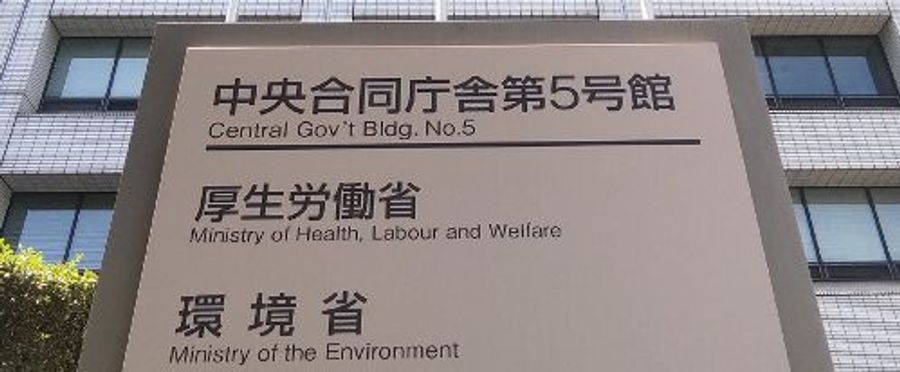The Japanese government has officially began deliberations on raising the contribution rate for seniors' medical expenses to 30%. This action, prompted by the rising costs of healthcare for the rapidly aging population, could help to rebalance the nation's strained social security system. However, it has sparked concerns about the financial burden on the elderly, particularly those living on low incomes.
In Japan, where the elderly make up more than a quarter of its population, healthcare costs have become a major issue. Balancing state budget, the social security system, and ensuring adequate healthcare is a top priority. The discussion of increasing the elderly's contribution towards medical expenses is seen as an attempt to alleviate the strain on the social security system while also addressing fairness among the generations.
Similar to Japan, nations in the EU and the US also grapple with the challenge of providing healthcare for an aging population. While systems vary widely, many Western countries also require higher co-pays or contributions from elderly patients. However, such discussions are always sensitive due to the potential impact on the quality of life and accessibility of healthcare for seniors.

